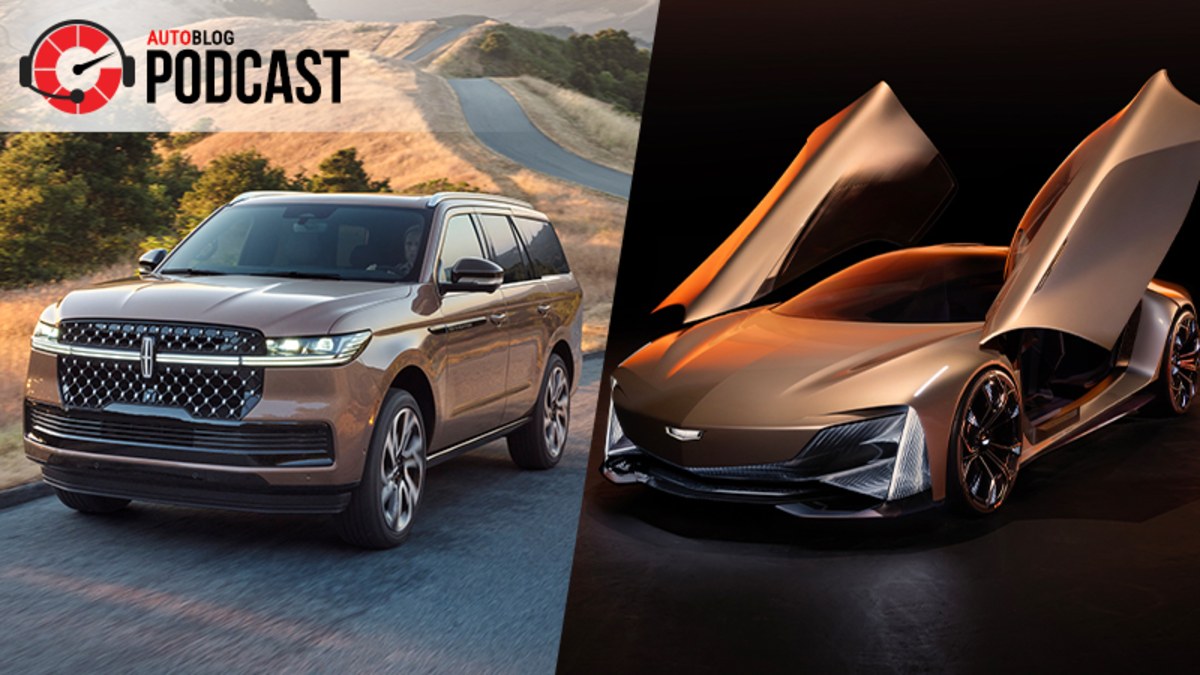Sources stated that Porsche AG is set to build a plug-in hybrid version of the Panamera sedan beginning in 2014.
The plug-in hybrid likely will come to the United States, but the timing is unclear, a source said.
Volkswagen AG, which happens to own 49.9 percent of Porsche’s sports car business, will also be rolling out plug-in hybrid versions. In 2014/2015, Volkswagen AG will begin introducing plug-in hybrid variants of the Audi Q7 crossover and European-sold VW Passat.
Audi CEO Rupert Stadler reported at the 2012 Geneva auto show that the next-generation Audi A3 will also get a plug-in hybrid variant in 2014.
In an interview last week, Rudolf Krebs, VW’s group chief officer for electric traction, said, “We are really convinced that the future of hybrids won’t be pure hybrids, but the plug-in hybrids.”
What makes the plug-in hybrids different from regular hybrids? Hybrids, like the well-known Toyota Prius, is equipped with two propulsion systems, a gasoline or diesel engine and an electric motor. To put it plain and simple, they do not plug in. The Chevrolet Volt, on the other hand, is a plug-in hybrid that is powered by an electric motor and battery pack that is backed up by a gasoline or diesel engine which extends driving range and recharges the battery.
What’s the advantage of plug-in hybrids? Krebs says it is their ability to use electric power for short distances and still get the range of an internal-combustion engine.
In the next couple of years we’re going to start to see manufacturers like VW heavily introduce more plug-in hybrid versions.




